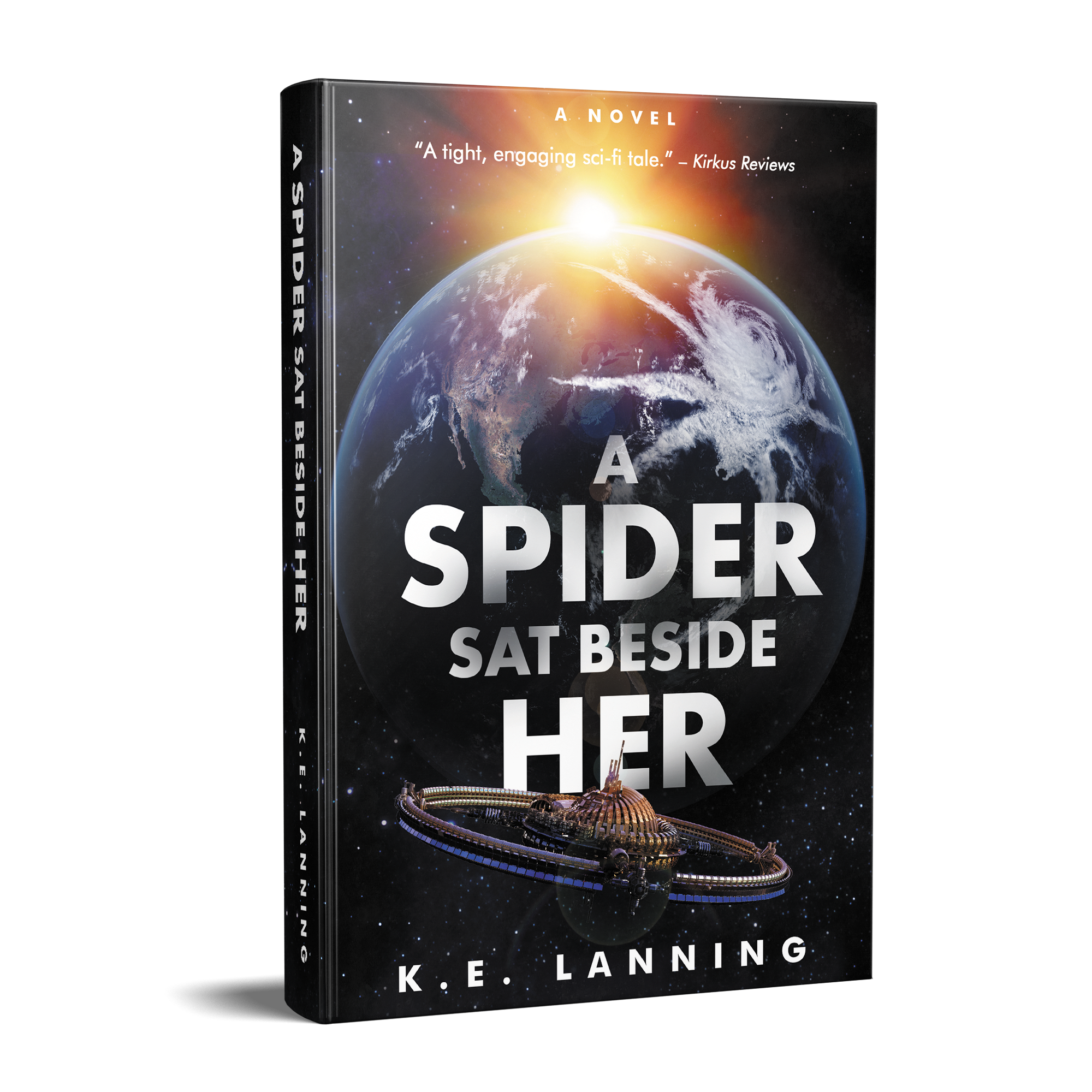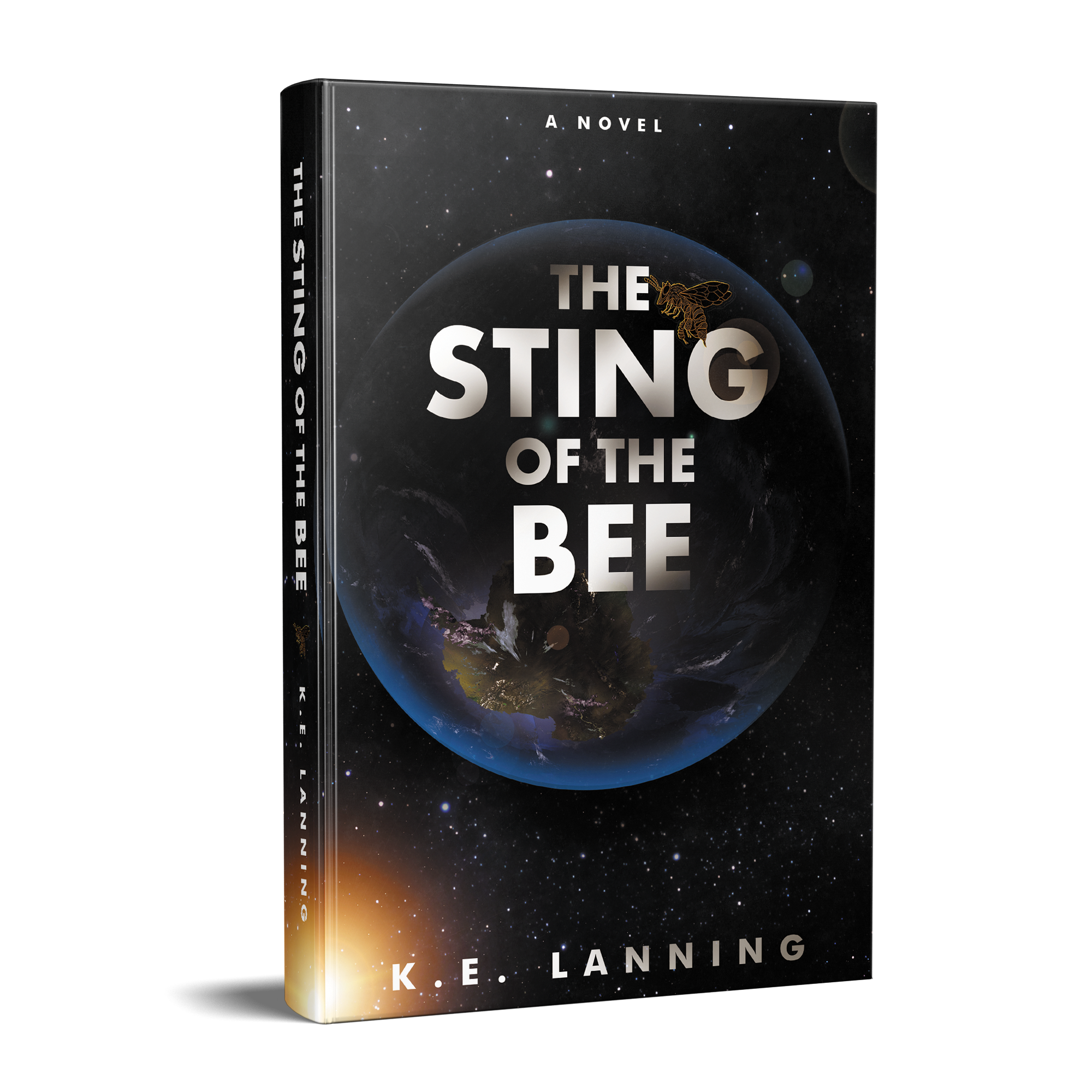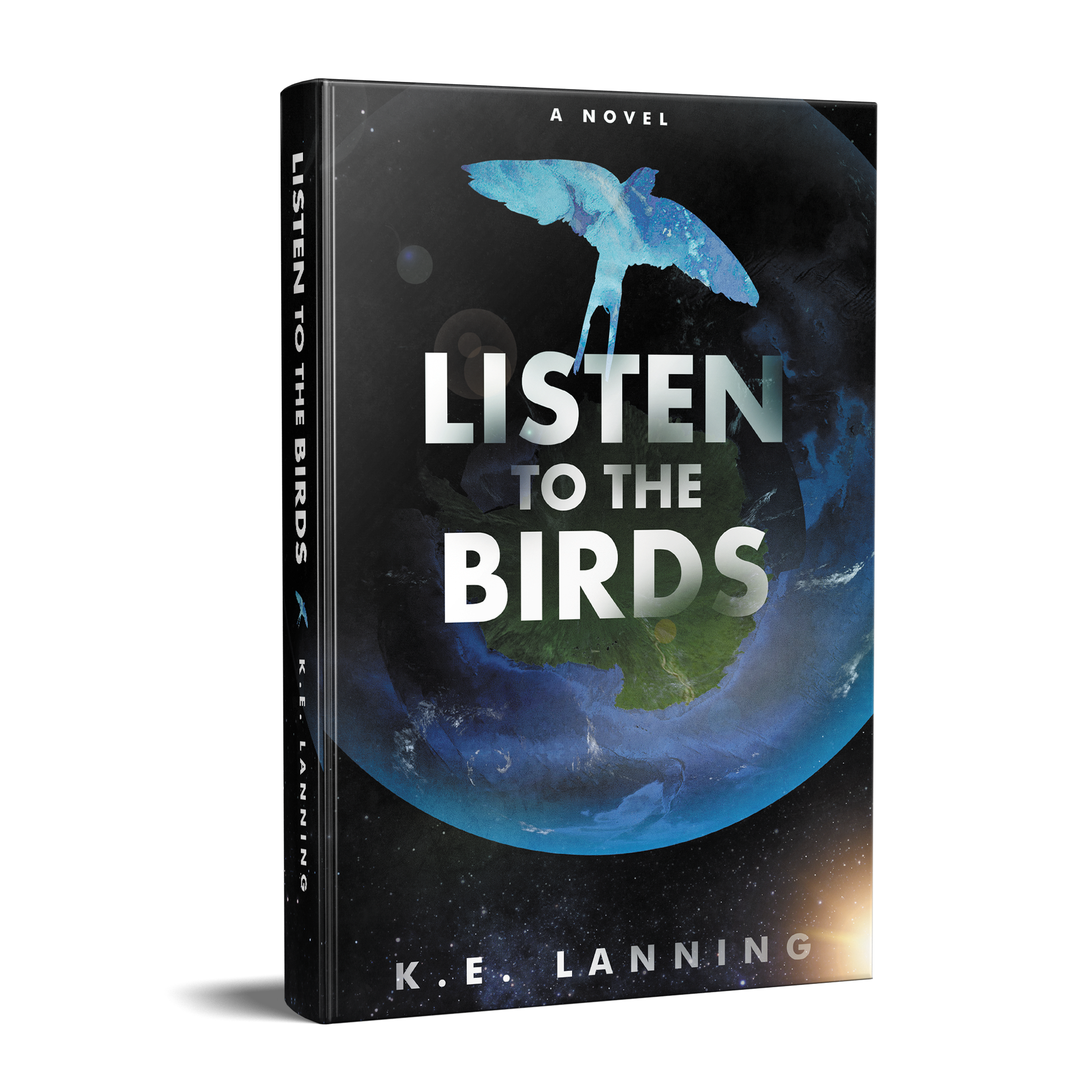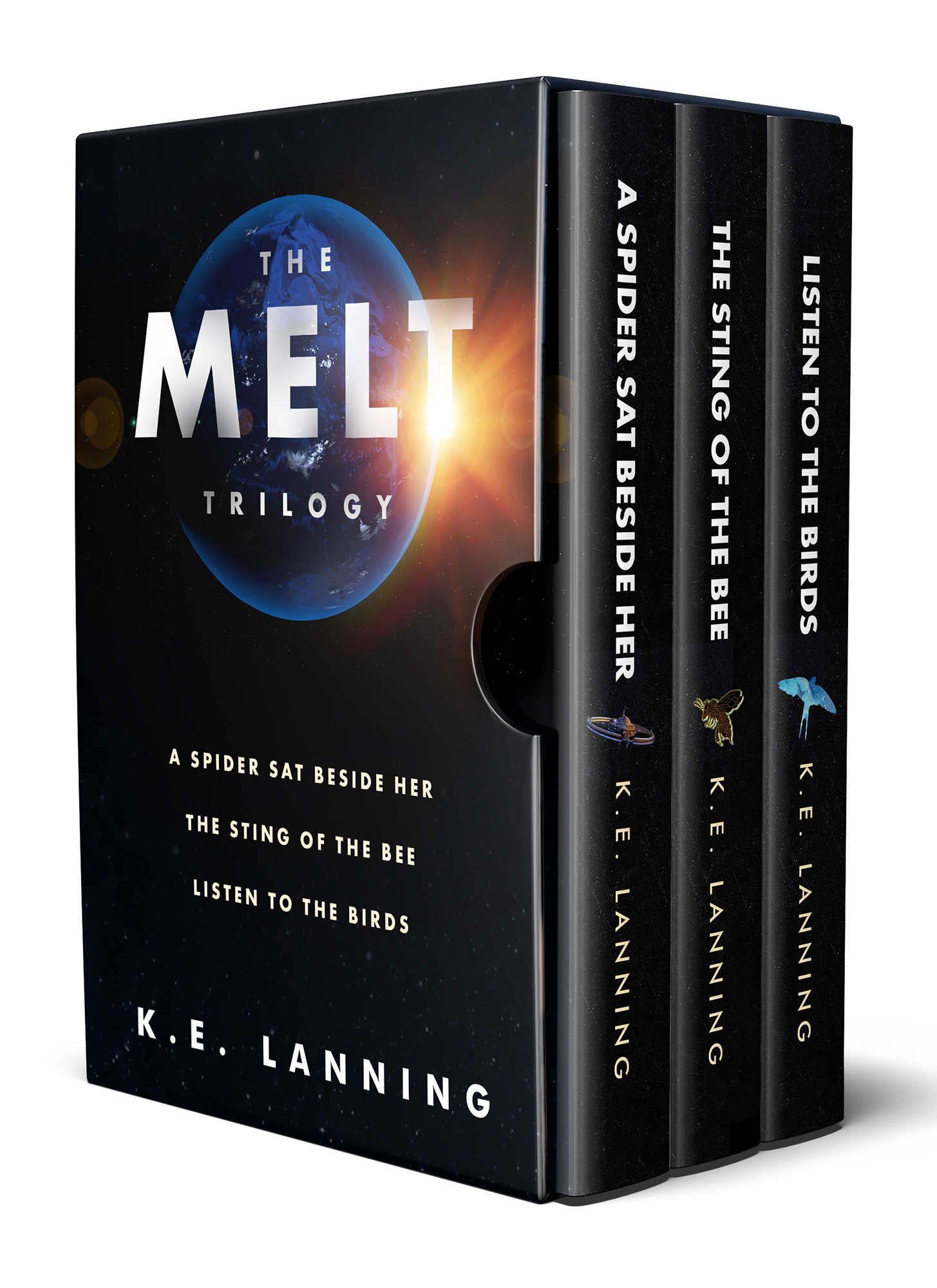The sci-fi writer's world: if we build it, will they come?
Science Fiction—what an odd couple those two words make.
Science is defined as the systematic study of the structure and behavior of the physical and natural world through observation and experiment. [courtesy of Wikipedia]
Whereas, fiction is defined as literature in the form of prose, that describes imaginary events and people. [courtesy of Wikipedia]
Science and Fiction: Opposite and possibly opposing forces? Or two sides of the same coin—the fascination of discovery. (Now, when we flip those two words around: fiction (in) science; trust me, that doesn’t end well.)
Science fiction in all its forms allows us to ask the question: “What If?” It opens new worlds, new beings, and new sciences which allows our minds the freedom to conceive thoughts not allowed in our present existence. Story ideas in science fiction can stem from many sources—having an inquisitive mind along with a little research can stir the imagination.
As a genre, science fiction is confusing because within its bounds, there is a huge spectrum of sub-genres, and many novels are thrown into the sci-fi bag simply because of a twist of time rather than interstellar travel. A pet-peeve of mine: the terms soft and hard in reference to science fiction. A story which punches you in the gut with its social commentary should not be called “soft” and one which has a lot of technology, called “hard.” I personally don’t think that either Brave New World or The Handmaid’s Tale is “soft.” To me, whether a story is laced with detailed science, though interesting, is a superfluous classification. As a scientist, I enjoy the creation of gadgets, but as a reader, I prefer that the gadgets blend seamlessly and not override the story. Either a story is engaging, or not.
However, there is one constant of science fiction: World building. Creating this world can spring from the concept of a physical environment or a point of view, but in the end, must be believable, at least by those who want to come on the ride with you. (The ones who don’t want to believe, you don’t want them along for the ride anyway.)
If this new world is but a stage, we writers must fill that stage with characters we can touch, smell, love, or hate. Ernest Hemingway said it well, “When writing a novel a writer should create living people, not characters.” My tastes run to character driven science fiction with a splash of angst—it can’t be all fun, can it?
The great science fiction writers of past and present influence me: Aldous Huxley, George Orwell, Author C. Clark, Ursula K. Le Guin, Ray Bradbury, Margaret Atwood, and Robert Heinlein. These authors pushed boundaries with their words, leading readers into new territories of thought.
At the 2014 National Book Awards, Le Guin was presented with the 2014 Medal for Distinguished Contribution to American Letters, and during her acceptance speech, she spoke eloquently: “Hard times are coming when we will be wanting the voices of writers who can see alternatives to how we live now and can see through our fear-stricken society and its obsessive technologies to other ways of being, and even imagine some real grounds for hope. We will need writers who can remember freedom. Poets, visionaries, the realists of a larger reality.”
Huxley, Orwell, Atwood, and Heinlein created worlds of social speculation and that is the basket I throw my writing into, for humans will always remain humans—we fight, make love, have children—never shaking the primal “dirt” under our nails. Somehow, I suspect that aliens are the same; they come out of the celestial ooze like we did; unless, in your created world, they didn’t.
Science fiction gives the writer another dimension to twist, so he or she can illuminate a social flaw or magnify the pursuit of discovery. Readers of science fiction are passionate thinkers, ready to jump on board a rickety wagon in a dystopian future Earth or a space ship to the farthest solar system.
But we writers always wonder—if we build a world, will they come?
A Spider Sat Beside Her The Sting of the Bee Listen to the Birds The Melt Trilogy ebook
Article originally published online at OMNI magazine on July 28, 2017: The Sci-Fi Writer's World






